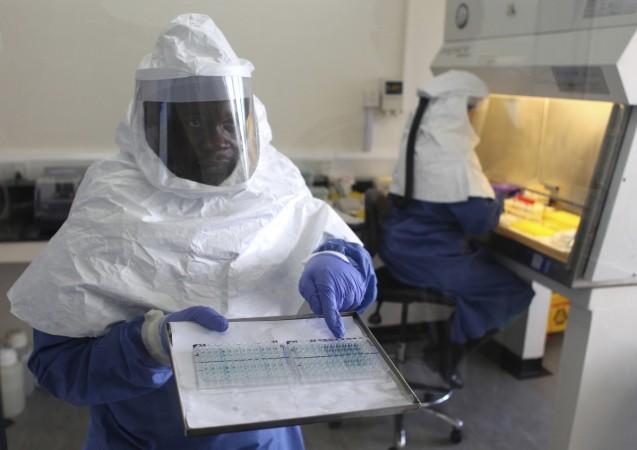
As a 31-year-old man, who returned from Nigeria, was quarantined on Monday, on suspicion of exhibiting symptoms of the Ebola virus, the Brihanmumbai Municipal Corporation (BMC) has been readying its resources to tackle the virus.
Read full report here.
He was released from his isolation ward, after doctors said that he did not exhibit any symptoms of the virus, except diarrhoea. However, with more than 40,000 Indians staying in the four Ebola-hit Western African countries of Guinea, Sierra Leone, Liberia and Nigeria, the authorities do not want to take any chance, on this matter.
With many health care workers contracting the virus in West Africa, and others fleeing from their duty, the medical institutions seem to be collapsing, as the number of patients increase. The BMC, it seems, is trying to ensure that the same fate does not befall the Indian health care system.
As the Ebola virus is mainly spread through bodily fluids (sweat, blood, urine, etc.), plans to get Personal Protection Equipment Suits (PPEs) for every health worker who would take care of the Ebola patients. This suit would cover the whole body of the health worker, and would ensure that he or she does not come in contact with the patient's bodily fluids.
This suit contains gloves, a respirator, a mask, eye protection, rubber boots, overshoes, a Tyvek suit and hood (which is impermeable), and a scrub layer. Apart from this, they have also set up beds in certain hospitals, which could easily be quarantined, in case anyone else is suspected of contracting the deadly virus.
"We've set aside 10 beds each at the Jogeshwari trauma hospital and Kasturba hospital in Chinchpokli," said Dr Padmaja Keskar, Executive Health Officer of the BMC to Daily News and Analysis.
Some of the private hospitals are also making arrangements to set aside separate quarantine wards for any possible Ebola case. "We are in touch with doctors abroad who have dealt with Ebola positive patients," said Dr Om Shrivastava, Infectious Disease Expert at the Jaslok hospital.
All passengers from the four Ebola-hit West African countries would be screened for the virus. The passengers who exhibit the symptoms of the virus would be transferred to these wards and they would be treated in isolation in these wards.
"We will finalise the number of suits and other protective gear that will be required once we get further details from the state government," said Dr Keskar to Mid Day. "We've asked them for the guidelines and requirements, in case of any Ebola cases, and will accordingly procure the protection equipment."

















